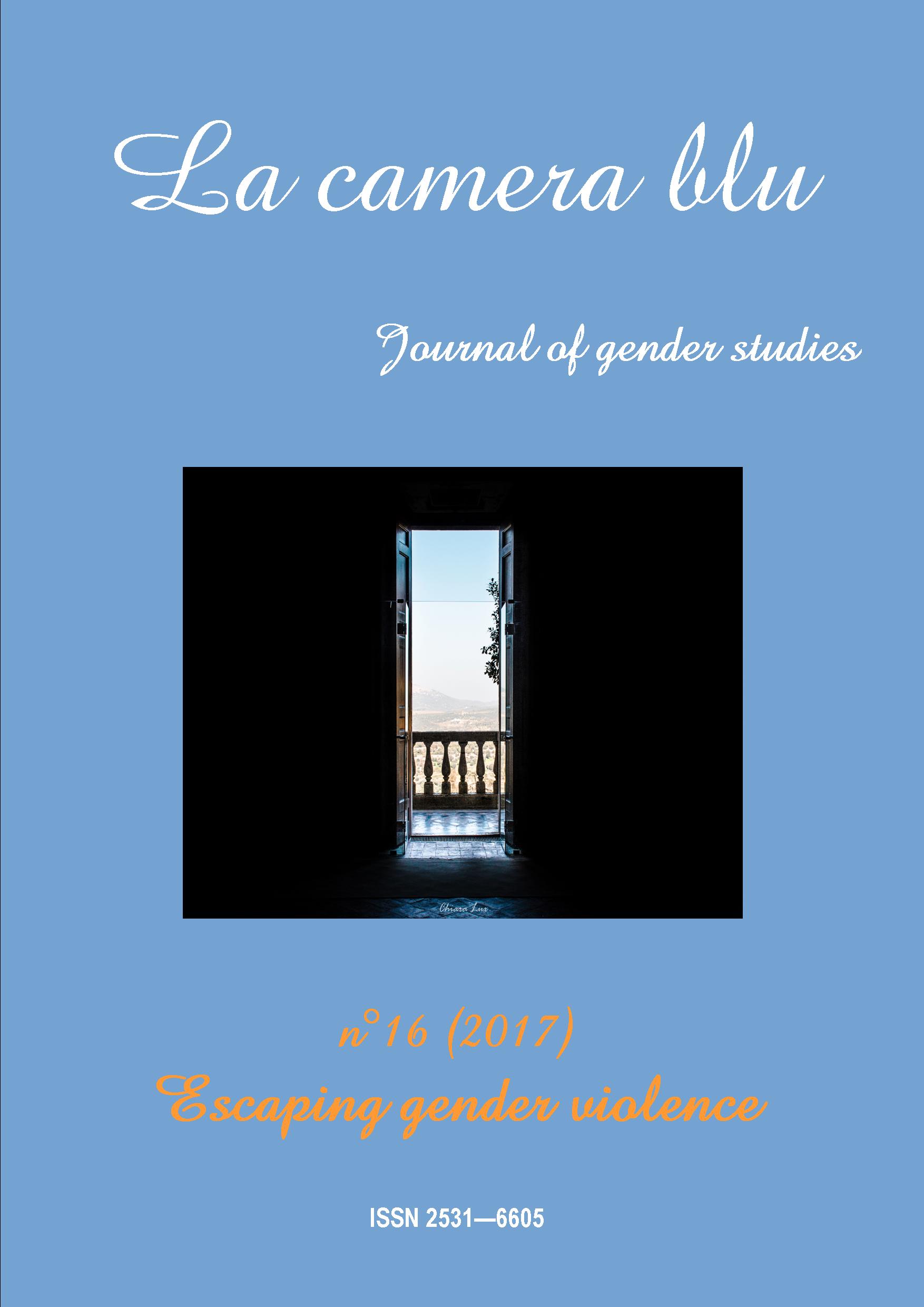Romantic love kills”: Deconstructing Romantic Love in Spain
DOI:
https://doi.org/10.6092/1827-9198/5239Keywords:
romantic love, deconstruction, spanish scholars, gender violenceAbstract
This article aims to depict the deconstruction of romantic love in Spain. Such a recent process involves scholars from different origins and disciplines, such as Anthropology, History, Psychology and Education. The influential philosophers Amelia Valcárcel and Celia Amorós, and Subjectivity-Studies researchers have particularly inspired the work of Basque anthropologist Mari Luz Esteban. An article written by Esteban in 2008 with psychiatrist Ana Távora, triggered a broad debate on the impact of romantic love in contemporary society. Romantic love is portrayed as maintaining women’s subordination and heterosexual normativity, resulting in the repression of individual desires and needs. Towards the end of the article, a quick overview is provided of the social campaigns linking romantic love to gender violence, along with the daily deconstruction activity of teachers and social workers dealing with minors.Downloads
Download data is not yet available.
Downloads
Published
2017-08-03
How to Cite
Marchese, M. (2017). Romantic love kills”: Deconstructing Romantic Love in Spain. La Camera Blu, (16). https://doi.org/10.6092/1827-9198/5239
Issue
Section
Points of View
License
La camera blu is an open access, online publication, with licence CCPL Creative Commons Attribution 3.0 Unported


